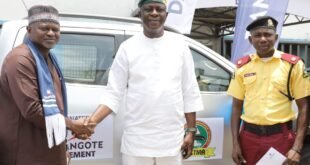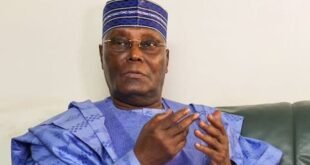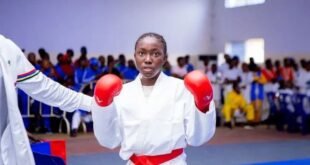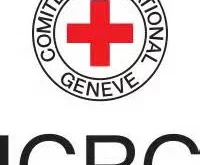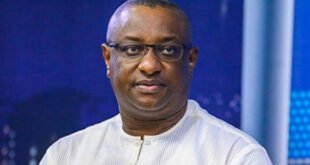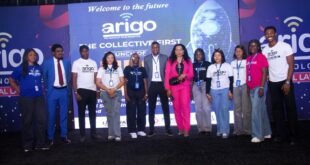The University of Harvard has always had a special attraction for me. And why not? His extraordinary reputation of extraordinary learning citadel, knowledge and research never fails to arouse a sense of pride. So, when a recently opportunity came to undergo a strategic leadership course, I grabbed it with both hands.
Going to Harvard offered good chances to glimpse the city. Located in Cambridge, a city in the County of Middensex, in the Massachusetts of Boston, is one of the oldest cities in the United States. Being one of the oldest and most prestigious universities in the United States, Harvard was a significant part of Cambridge since its foundation in 1636. The city of Cambridge has a rich and inextricable history with the university. Harvard is considered for its academic legacy, historic buildings, technology and cultural attractions.
Apart from his fascinating story, one of which is his leading role in the American revolution of the late 1700s, Boston’s sporting traditions are also in depth.
Time in Cambridge is almost comparable to what is obtained in Lagos at that time of the year – bright, warm with a little sun. I crogified myself in the warmth and friendliness of this time.
It was my first time in that city. All around Cambridge revolves around the university. Supermarkets only sell articles, clothes and souvenirs with the imprint of the university logo. Most restaurants also sports Harvard’s color. This is the first cultural shock. Yes, some of our universities in Nigeria have an impact on their local communities in a certain sense, but the immersive mixture of the city and the dress does not go so deep that it can be discerning to Harvard.
My enthusiasm to glimpse Massachusetts can be compared to equal measure with my excitement for Harvard’s strategic leadership course. Held from 14 to 17 July, the program was very illuminating and informative. It was an opportunity for interactive conversations, cross fertilization of ideas, experiences and cultures.
A key takeaway is the conversation on the changeable dynamics of leadership in our world in rapid evolution. The idea that a leader is super human and endowed with all the skills requested has become obsolete.
There is now a radical change in leadership perspectives, with a growing emphasis on individual responsibility and competence. These individual skills within an organization – or a nation – are developed to generate sustainable growth and development. It is when all these skills are exploited that an organization or a nation grows abundantly.
Margaret Andrews, Harvard’s professional instructor and speaker, who was our main person of resources during the program, observed quite succinctly: “None of us is intelligent as all of us. No human being knows everything and someone knows something.”
Margaret was deep and impressive while guided discussions. He underlined the importance of building a team and the relevance of teamwork for the success of an organization. However, there may be difficulty building and maintaining a team. A series of reasons explain this. The accounting of derailment is factors as a restricted or not strategic perspective, bad work relationships, scarce performance and inability to develop or adapt.
There are many ways to build and manage successful teams. For Harvard instructor, the most effective is that the leader has a harmonizing influence and give members to the team members. This will help to increase their involvement, motivation and productivity.
We have had large discussions on topics such as feedback imperative to the success of a project or business and the feedback process, facing a new reality, implementing the management of change and change and because the transition is important for change. Here, Margaret observed that most organizations tend to start a relay, but without implementing an effective transition.
Speaking of the decision -making process, it reiterates the often declared conventional wisdom, which is to pay attention to the decision -making process. The more attention is paid to the process, the more good decisions taken, he explained. The processes must become aware of the issue of the problem, collect data or intelligence, derive conclusions and, of course, learning from experience. For each option, there is a consequence. The analysis of the pros and cons, the benefits and disadvantages is absolutely necessary in the choice of alternatives.
The question should always be: how will the consequences of the options be mitigated?
Many leaders in a public or private sector will make better decisions if they take into account these important processes and factors.
The program offered a good opportunity for networking. During the conference, I met my friend John Breen from Harvard’s education team again. The caliber of the course participants and their strong professional backgrounds were rather impressive.
In the classroom, among others there were Dr. Verity Rawson, MD of a hospital in Michigan, the United States, specialized in hospital medicine and recently palliative medicine; Amanda Loveday, CEO of NP Strategy, a strategic communication company that serves small and large companies and non -profit customers in the United States, and Ozde Demituok, director of sustainable finance at the Sanko group, one of the largest conglomerates in Turkey, focusing on renewable energy, textile production, packaging and recycling.
To the program, I also met Khalil Suleiman Halilu, that young transformative leader who changes the narrative at the National Agency for scientific and engineering infrastructures (Nasens), dr. Dairu Mohammed, president of the presidential committee for technology, and Prof. Ahmed-Doko Ibrahim of the Ahmadu University of Bello, among others Nigerians, Nay African Partners.
The final point of the program emerged at the point that the participants were divided into groups and asked to share their leadership prospects, which are recorded. The questions included what each participant thinks that they make them a leader, their travels as leadership and philosophies. As Margaret says, everyone is potentially a leader. The relevant questions, however, are what kind of leader are you? What kind of leader would you like to become? What kind of sentences would you like people to use in reference to you?
*Rahman is the senior assistant of the president for the media and special functions.
Post views:
133
 JamzNG Latest News, Gist, Entertainment in Nigeria
JamzNG Latest News, Gist, Entertainment in Nigeria
